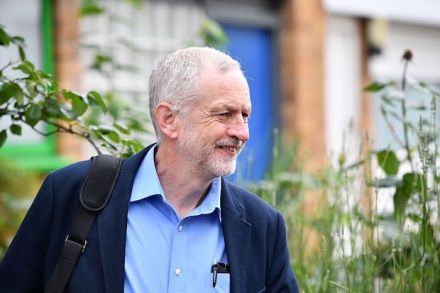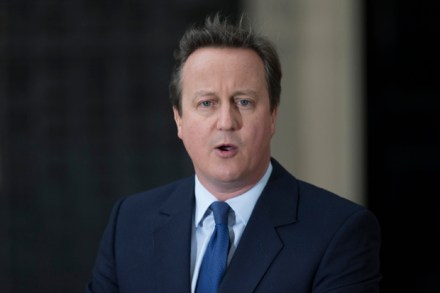Corbyn leaves Ukip an open goal, and they miss it
Jeremy Corbyn is taking Labour ever further away from its traditional working class voters in the north and the midlands. As I say in The Sun today, the party now has a leader who didn’t sing the national anthem at St Paul’s, a shadow Chancellor who has praised the IRA, a shadow Home Secretary who thinks promising ‘controls on immigration’ is shameful and a shadow Foreign Secretary who sneers at those who fly the English flag. This presents Ukip with an open goal and a chance to do to Labour in the north and the midlands what the SNP did to in Scotland following the independence referendum. Indeed, half of


















